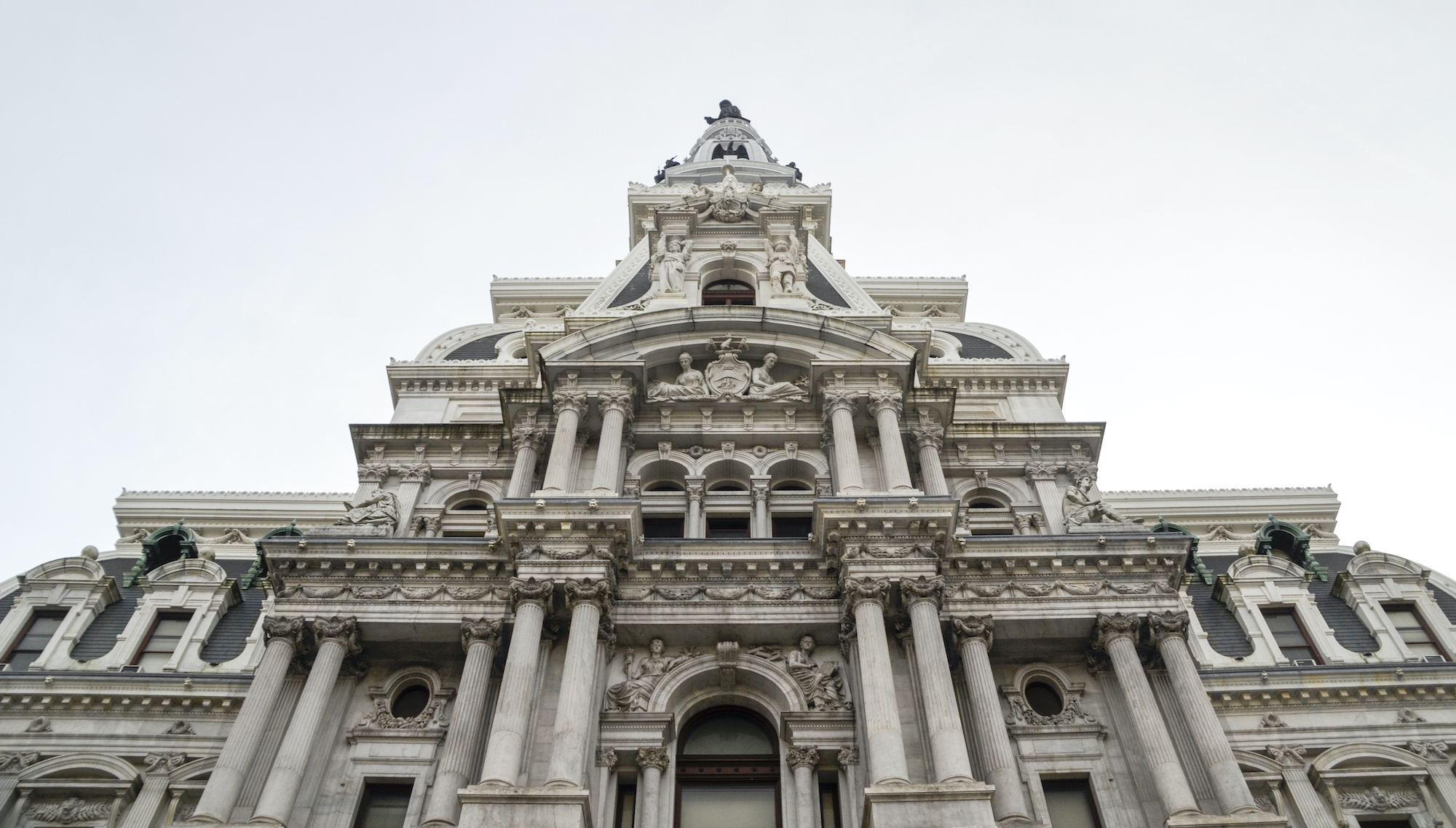
PHL COVID-19 Small Business Relief Fund: A bridge to more aid for Philadelphia businesses
In five days, the program had received more than 2,000 applications for funding to cope with the coronavirus shutdown.
By March 27, Philadelphia’s First Deputy Commerce Director Sylvie Gallier Howard said the city’s PHL COVID-19 Small Business Relief Fund had more requests for funding than dollars to distribute.
“We know that,” said Gallier Howard at the time.
In just five days, more than 2,000 applications were filled out requesting funding from PIDC and the Department of Commerce’s pot of approximately $9.5 million for small businesses.
Nine million of that was made of commitments by PIDC and the city, and the final $500,000 were from two separate donations of $250,000 by the Knight Foundation and Daniel B. and Florence E. Green Foundation.
The donation from the Knight Foundation happened on March 26, while the first $250,000 was announced along with the program on March 23.
Despite having more applications than funds available, Gallier Howard said the city is in talks with other potential corporate donors to increase the pot of money available.
None have been announced as of March 31, but she said there is interest.
“We’re hopeful,” said Gallier Howard.
The idea for the PHL COVID-19 Small Business Relief Fund started back towards the end of January. At the time, coronavirus was still a distant threat over 2,800 miles west in Washington state.
Still, it didn’t stop many Philadelphians from associating it with China — where the virus originated. The result was initially a major decline in business for many in Chinatown.
“Just because of biases and prejudices… they were already facing a lot. Their revenues had gone down,” said Gallier Howard.
A month later, those ideas needed to be put into action as COVID-19 crossed the country and entered Philadelphia.
The initial reaction of the city was calm and careful before shutting everything down as had been done in surrounding counties. But before long, Philadelphia needed to follow the orders of Pennsylvania Governor Tom Wolf and shut down life for the foreseeable future.
What followed was an immense outcry from the city’s small businesses that rely on day-to-day and week-to-week production to keep their doors open.
In the early stages, the Department of Commerce and PIDC circulated a survey to gauge the needs of Philly’s small businesses. After an overwhelming response, Gallier Howard said members of her team worked “around the clock” to get the program up and running in a little more than two weeks.
The fund offered two grants and one zero-interest loan for businesses with annual revenues of $5 million or less.
Those making less than $500,000 can apply for a microenterprise grant worth up to $5,000. Businesses making between $500,00 and $3 million a year could apply for a grant of up to $25,000 and those making between three and five million per year could apply for a zero-interest loan of up to $100,000.
As of 5 p.m. on March 30, only the microenterprise grant worth up to $5,000 is still available.
Now, Gallier Howard said her team is in the process of reviewing the massive amount of applications.
RELATED CONTENT
The online application uses a program to automatically sort out applications that aren’t eligible before passing the remaining ones on to a team of human reviewers that decide how much funding can be provided per application based on how much money is left.
On March 27, she said the team was still figuring out certain amounts of funding based on the total pot, but that money will be distributed this week.
Some of that funding could very soon find itself in the hands of Spanish-speaking or Latinx businesses in Philly. Of the over 2,000 applications, Gallier Howard said “at least” 130 were filed by Spanish-speaking or Latinx-owned businesses in the city.
The Department of Commerce and PIDC also worked with the Greater Philadelphia Hispanic Chamber of Commerce’s newly-created hub for Hispanic businesses alongside FINANTA and Widener University to help fill out applications.
The application is available in Spanish (as well as Mandarin and English), but Gallier Howard said many Spanish-speaking businesses were helped by members of the hub to fill out English applications.
With the overwhelming amount of applications and funds likely to run out quickly, Gallier Howard was honest about the life span of the program.
“We can only provide so much. We’re limited in our financial capacities to help at the levels needed,” she said.
Despite that, no matter if it gets more funding or not, the program will play its part in providing much-needed relief as the next wave of state and federal funding arrives.
“The way we saw this is, this is basically a life raft we’re throwing out to the businesses to help them to hold on while other programs become available,” said Gallier Howard.
Since its announcement last Monday, both Pennsylvania’s COVID-19 Working Capital Access program (with loans of up to $100,000) and the federal government’s CARES Act (with $350 billion for small business relief) were enacted.
In addition to providing any more funding it can raise, Gallier Howard also wants to guide further small businesses in need to those bigger programs for aid.











LEAVE A COMMENT: